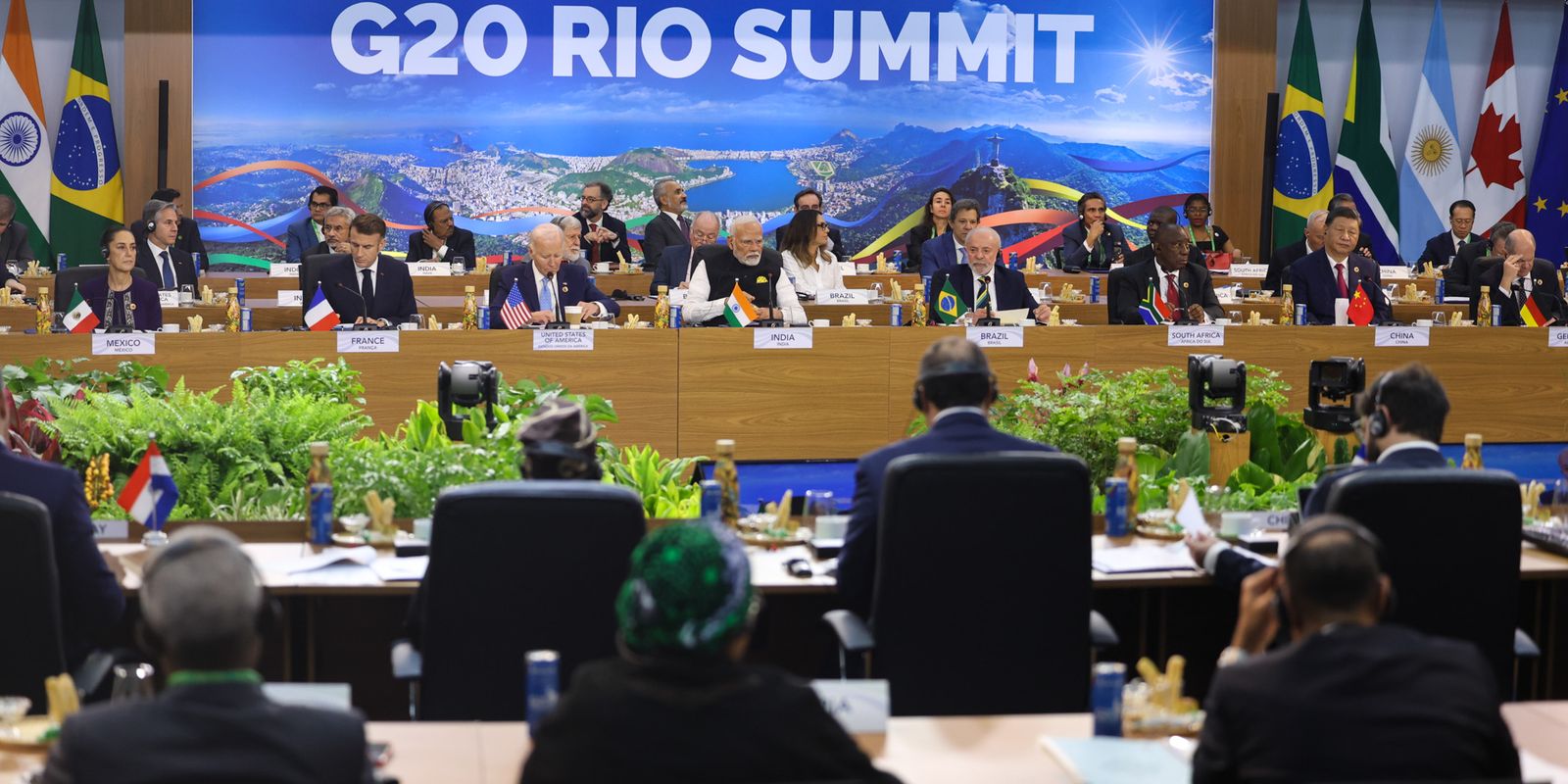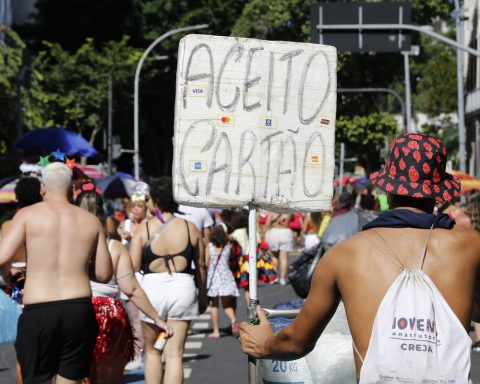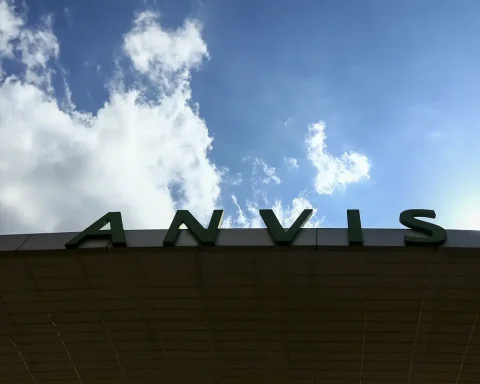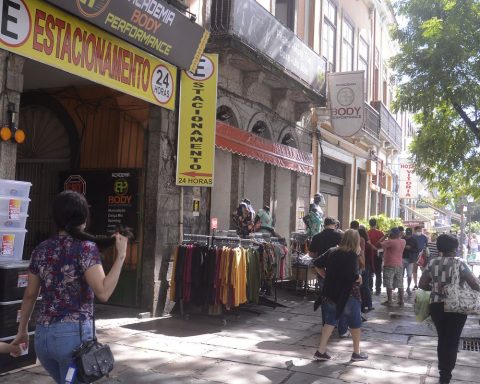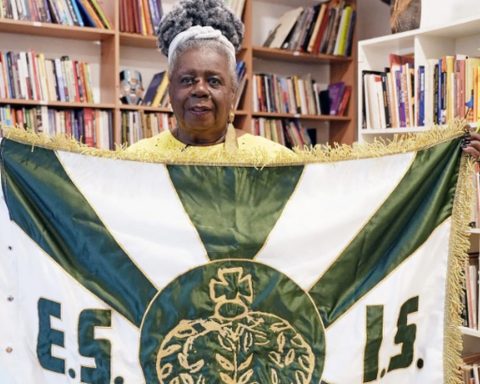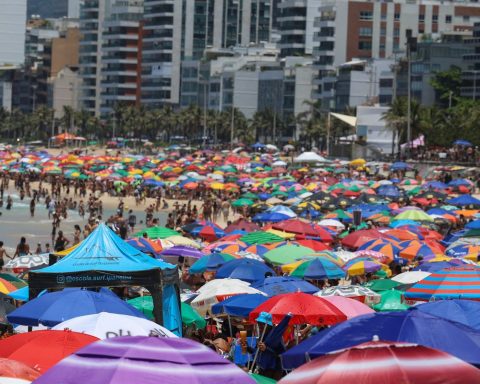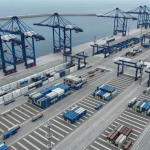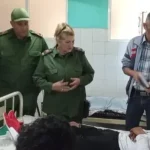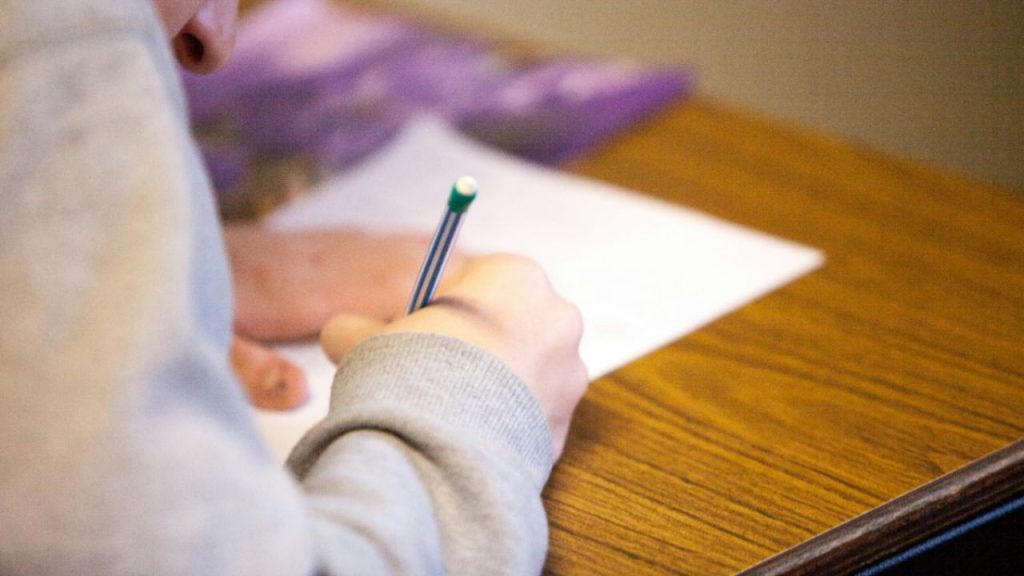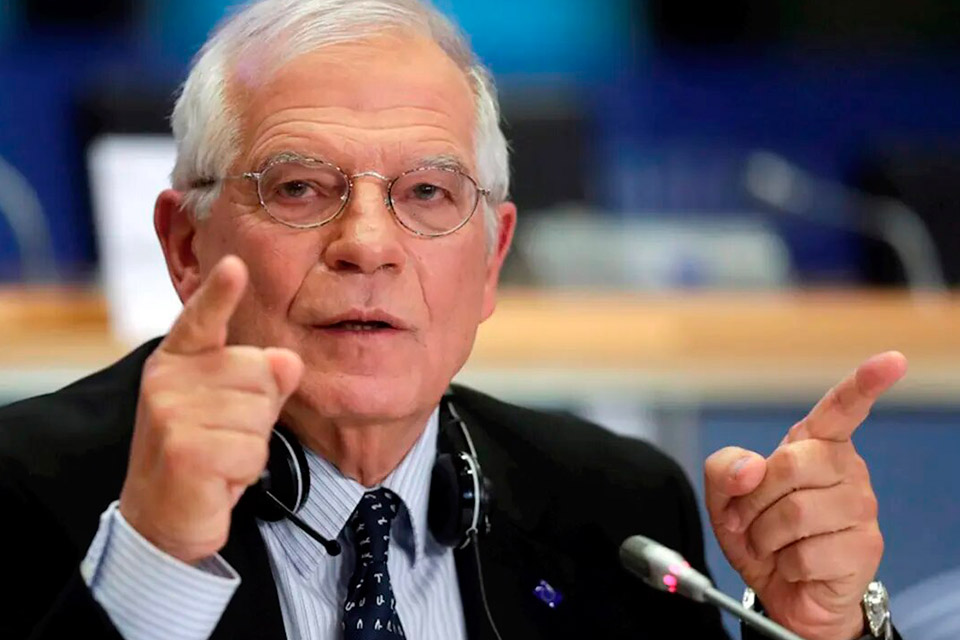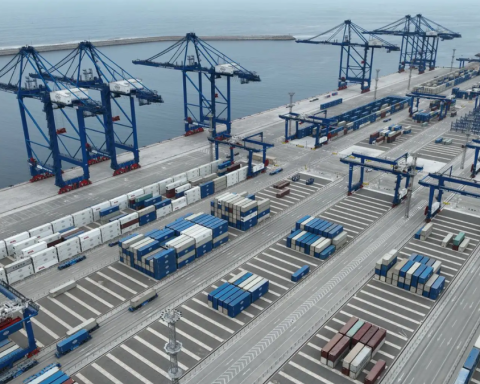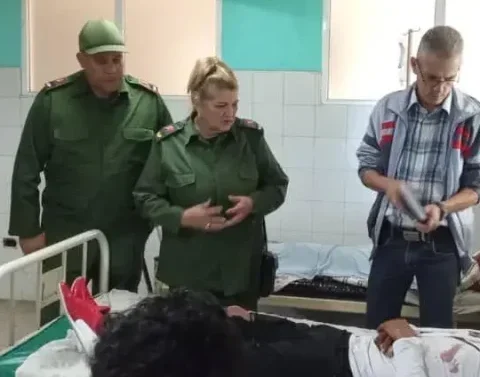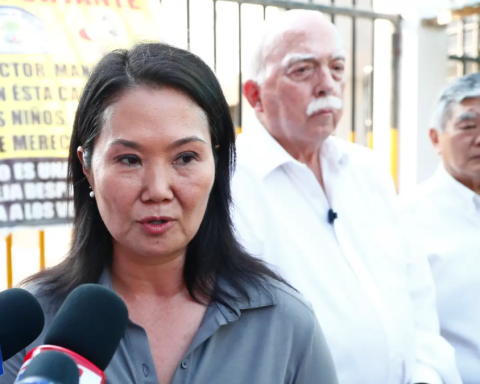The G20 countries have committed to reforming the United Nations (UN) Security Council. The final document of the group’s Leaders’ Summit, which brings together the 19 largest economies on the planet, plus the European Union and the African Union, also advocates changes to the International Monetary Fund (IMF) and multilateral development banks that give more power to underdeveloped countries and developing countries and calls for debt forgiveness for poor countries.
>> See the full G20 final declaration
Although the document does not mention the end of the veto power of the five permanent members of the Security Council (United States, Russia, China, France and the United Kingdom), emerging countries achieved a victory by including the word “commitment” in changes to the body. of the United Nations.
“We commit to reforming the Security Council through transformative reform that aligns it with the realities and demands of the 21st century, that makes it more representative, inclusive, efficient, effective, democratic and accountable, and more transparent for the entire community of the United Nations, allowing a better distribution of responsibilities among all its members”, highlighted the final wording.
According to the text, the modernization of the Security Council will improve the body’s effectiveness and make working methods and decision-making more transparent.
In another victory for underdeveloped and developing countries, the document called for an increase in the number of member countries of the body, mainly outside the North America and Europe axis.
“We call for an expanded composition of the Security Council that improves the representation of underrepresented and unrepresented regions and groups, such as Africa, Asia-Pacific and Latin America and the Caribbean,” the text continued.
poor countries
Regarding the debt of poor countries, the document welcomed the achievement of the global allocation target of US$100 billion in special drawing rights from international reserves to finance projects in poorer countries.
In a point included by emerging countries, the document called for mechanisms to reduce debt vulnerabilities in low- and middle-income countries in an “effective, comprehensive and systematic way”.
With the global appreciation of the dollar since the Covid-19 pandemic, many poor countries have seen their external debt installments soar, consuming significant resources from the budgets of these economies.
The document highlighted that G20 countries will continue to respect the commitments made in the Debt Service Suspension Initiative (DSSI). Launched in April 2020, the initiative suspended US$5.3 trillion in debt from around 40 poor countries during the pandemic, but not renewed at the end of 2021.
“We welcome the concerted efforts of all stakeholders to continue working towards improving debt transparency and encouraging private creditors to follow suit. We continue to support the global roundtable on sovereign debt to promote common understanding among key stakeholders, including the private sector, bilateral and multilateral creditors and debtor countries,” the document concluded.
During the Brazilian presidency of the G20, African countries led debates on debt, development and infrastructure, with support from Brazil.
In June, the Minister of Finance, Fernando Haddad, participated in a seminar at the Vatican on the subject and discussed the matter with Pope Francis.
Financial architecture
The G20 final document reiterated the need to reform the International Monetary Fund (IMF) quota regime, giving more power to emerging countries. The countries appreciate the effort of the IMF Executive Board to develop, by June 2025, a guide for realignment or a new formula for calculating quotas, which are being revised for the 17th time.
The G20 welcomed the creation of a 25th chair on the IMF board for sub-Saharan Africa.
Within the reform of the international financial architecture, the text reaffirmed the commitment to increase the World Bank’s capacity to grant financing, with its own resources and with contributions from G20 governments, to low- and middle-income countries that need help to respond to challenges global.
Among the challenges are tackling climate change and implementing the United Nations’ sustainable development goals (SDGs).
Emerging countries were unable to include the section that requested financing in local currencies, to avoid an increase in debt in foreign currency, but the statement asked multilateral banks – such as the World Bank, the Inter-American Development Bank (IDB) and the Development Bank of America Latina (CAF) – participate in a periodic report on the implementation of the roadmap approved by the G20 for these financial institutions, which foresees partnerships with governments, national development banks, insurance and reinsurance providers and the private sector.
